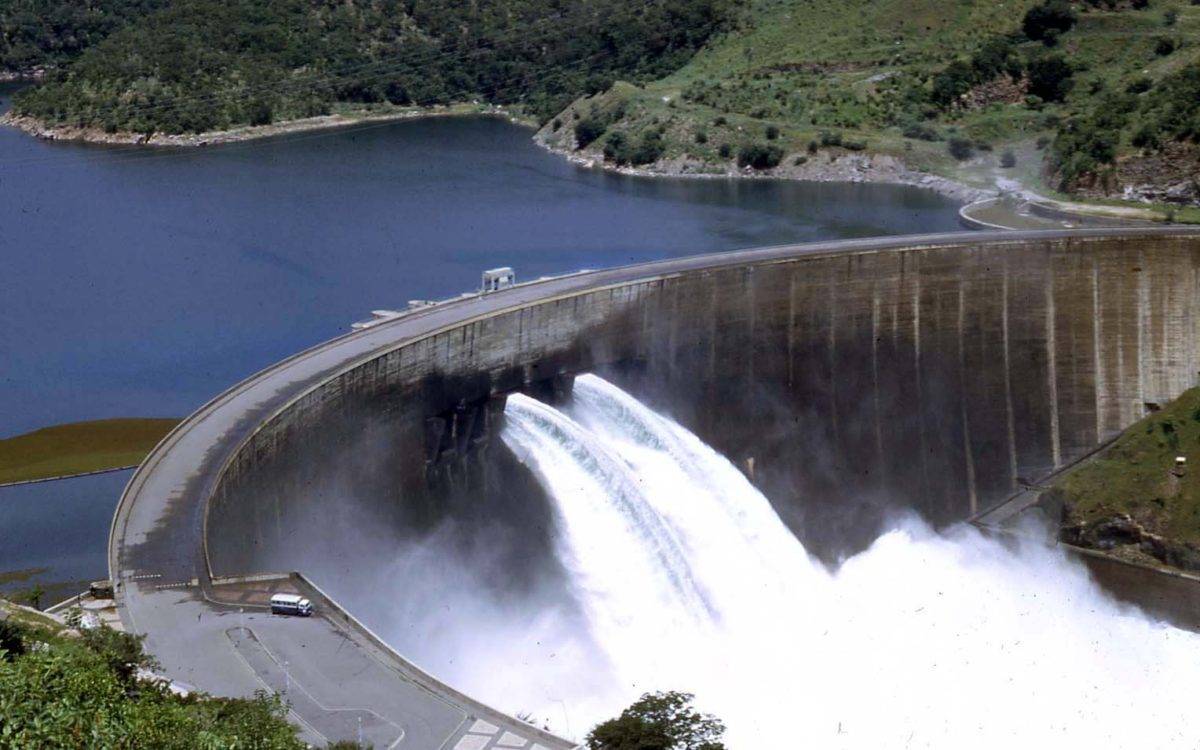Zambians To Dig Deeper Into Their Pockets For Power Bills As Government Seeks To Import Electricity

Zambia’s Energy Minister Mathew Nkhuwa has revealed that the cost of electricity will be increased maybe by double as the government seeks to import more power to partly counter the current deficit of 750 MW.
“Retail prices will be maybe double the amount because we are paying half the amount that we are supposed to pay for electricity,” Nkhuwa said on the sidelines of an energy meeting.
The Minister divulged that the government is currently holding talks with South Africa’s power utility Eskom to import 300 MW of electricity.
Daily power-cuts have almost become the norm for the landlocked country. Zambia depends heavily on hydro-power and given the current drought the country is facing, the water levels at the main reservoirs are very low.
The drought situation has triggered a power deficit of 34 percent of demanded electricity.
The frequent and prolonged power cuts have become a major hurdle crippling the growth of most sectors. The tourism and mining sectors are among the most affected. Output and growth in the mining sector has been greatly affected, the sector which is the lifeblood of the economy has had to cut power usage from 55 percent to 30 percent.
CHAMBER of Mines chief executive Isaac Kwesu earlier cautioned that the high power cost and massive power outages will have huge negative impacts in the mining sector.
Zambia was forced to cut this year’s economic growth forecast to around 2 percent from an earlier estimate of 4 percent, this was mainly due to the impact of the drought on its power supply.
The power crisis derails the government’s most puzzling challenge which is countering the economic slowdown.
Reports also indicate that Zambia plans to send a delegation to Mozambique to bargain a new power-purchase agreement.
Featured Image Courtesy: Construction Review Online